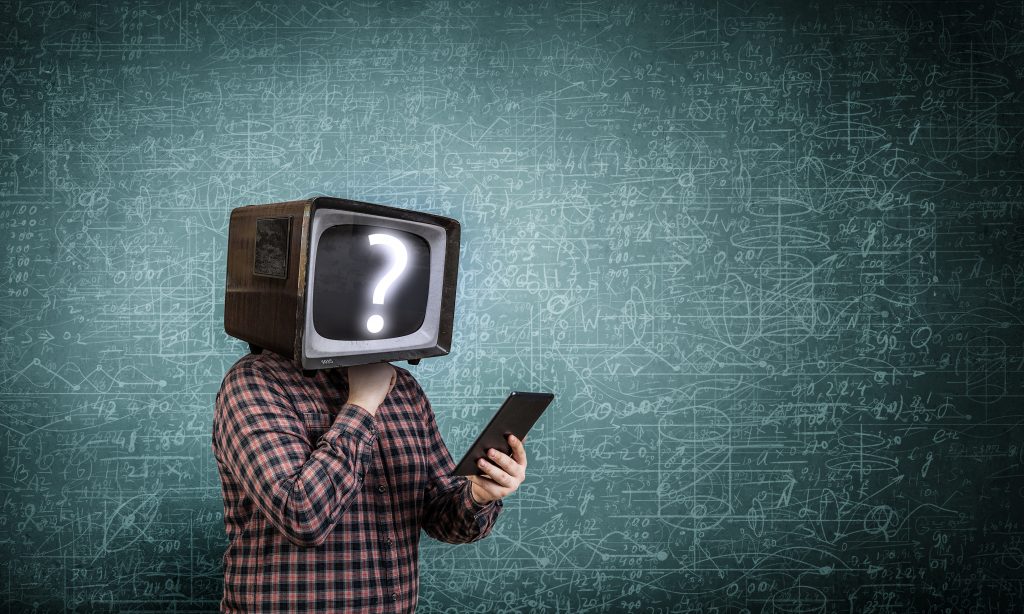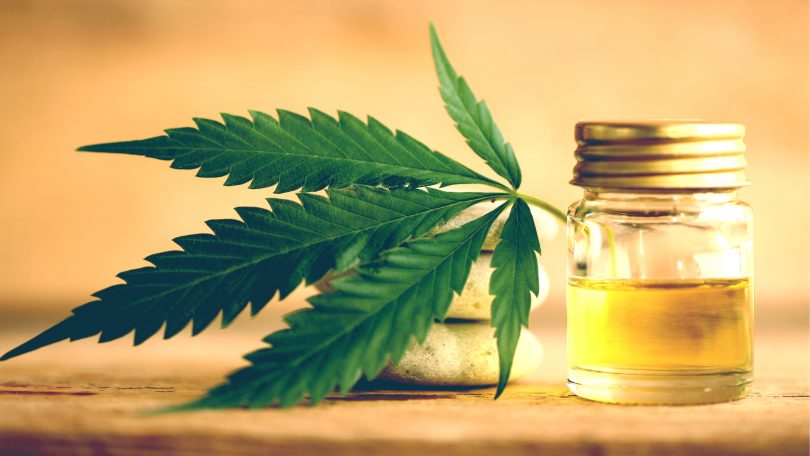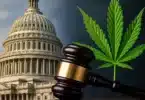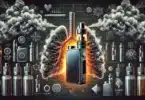Even with the 2018 Agricultural Improvement Act (AKA The Farm Bill) being signed by President Trump ultimately removing the hemp plant from the Schedule 1 controlled substances classification, many still remain skeptical or confused about the hemp-based CBD compound.
Those are some monumental conditions, symptoms and ailments that regular people suffer from each and every day. Can CBD help decrease all of this? Does CBD truly do what it claims to? How do you know it works? Are all CBD brands going to create that much of a differing effect?
Studies are claiming that these results they’ve been finding, show how CBD can kill cancer cells, hinder the opioid epidemic, be utilized as an alternative for easing chronic pain, treating hair loss, assisting with Parkinson’s Disease and even erectile dysfunction.
All of those health issues can be treated with non-psychoactive cannabinoids? One can only hope.
CBD Is Unique
It is more likely that CBD can potentially lead those who are suffering from these specific issues toward the proper pathway of healing and improving wellness. Curing cancer and opiate addiction is a heavy order though.
Of course, as an advocate for CBD, I’d be ecstatic to learn this was all very much accurate and by no means exaggerated. At the same time, anyone reporting and publishing information about CBD must be far more responsible when attempting to share embellished stories about CBD-related arguments.
Then again, I’m well-aware that CBD is so unique, it can certainly be effective without necessarily noticing the effects, hence non-psychoactive — meaning no psychotropic effects whatsoever. So, due to the mysterious nature that defines the CBD compound, perhaps all the ailments CBD is linked to treating medicinally are indeed true.
Yet, we would have to assume every health claim, every anecdotal remark, every embellished testimonial we have ever heard referring to CBD, is absolutely 110% factual.
Perception and Misconception
In 2019, a situation involving truth, transparency and trust is sadly nothing more than a fairy tale. No matter what the topic, nowadays it becomes overcrowded by misinformation before any facts can reach us.
Many blame citizen journalism. Then again, citizen journalism is a direct by-product of the meaningless mainstream news — a 24/7 talking-head rendition of a Shakespearean soap opera drama, tasked with routinely manipulating and slowly corrupting minds into a biased state.
The influence of massively over-informing the general public with anecdotal concepts on a regular basis can also be referred to as narcotizing dysfunction — a sociological term for describing how people can become numb and uninterested in the information being presented to them, especially if that information is being constantly thrown in their faces.

Surely, by now, we know better than to believe the first thing we hear about any topic. Right? All the while, though I do believe in miracles and I’ve certainly witnessed firsthand just how effective CBD can be for countless individuals — still, it is difficult to realistically believe certain claims, especially whenever I hear about CBD, a NON-psychoactive molecular compound defeating the opioid epidemic.
In reality, opiate addiction is easily one of the most massively psychoactive-induced ailments that has transformed into a major social issue — one of the worst this society has ever faced. So, how can you explain that a non-psychoactive compound can cure one of the most addictive mind-altering substance abuse epidemics?
Do we want all those terrible diseases to be curable by Cannabidiol (CBD)? Yes of course. Presumably, we would all be very pleased and overjoyed. Yet, it still seems highly unlikely.
Most brands in the industry make no health guarantees and highlight the fact that it is not approved by the FDA. Thus, this is a required gesture for them to do so, demanded by the Food and Drug Administration.
Reshaping the Discussion
Overall, given all what has been discussed, these are questions all too commonly heard. And they’re fueled by the the same type of denial and skepticism that’s been plaguing the Vapor Industry when this technology can be properly used for Tobacco Harm Reduction.
See how specific we have to be now? To simply say “Vaping” may not provide the appropriate information for an accurate interpretation of the terminology being communicated.
Since now, people refer to vaporizing CBD or marijuana as simply “vaping.” Even though when reflecting on the concept of “vaping,” it is far more accurate to suggest that “vaping” deals with the vaporization of nicotine based e-liquids.
Regardless, the facts, interpretations, perceptions, embellishments and misconceptions are all closely linked to one another, creating branches of information intertwining throughout our communities.
Nevertheless, some might say that the more information, the better — yet, this is a lazy justification. Regardless of the topic, we must all agree that the quality of the information in relation to accuracy is, above all, what matters most. Therefore, reshaping how we discuss these topics is more important now than ever before.
CBD is undeniably a wellness miracle and a highly effective cannabis compound. Especially for helping those who suffer from seizures.
At the same time, Cannabidiol is not a mysterious panacea, meaning it will not cure everything. Instead, CBD is an alternative medicinal option and just like all medicine, CBD affects everyone differently. Using CBD products is merely another method for treating the symptoms brought on by some, but not all, health conditions.
Nevertheless, it certainly would be miraculous to one day learn that CBD will become the cure-all that we sure all want it to be. So, remember that hope is never far away.







